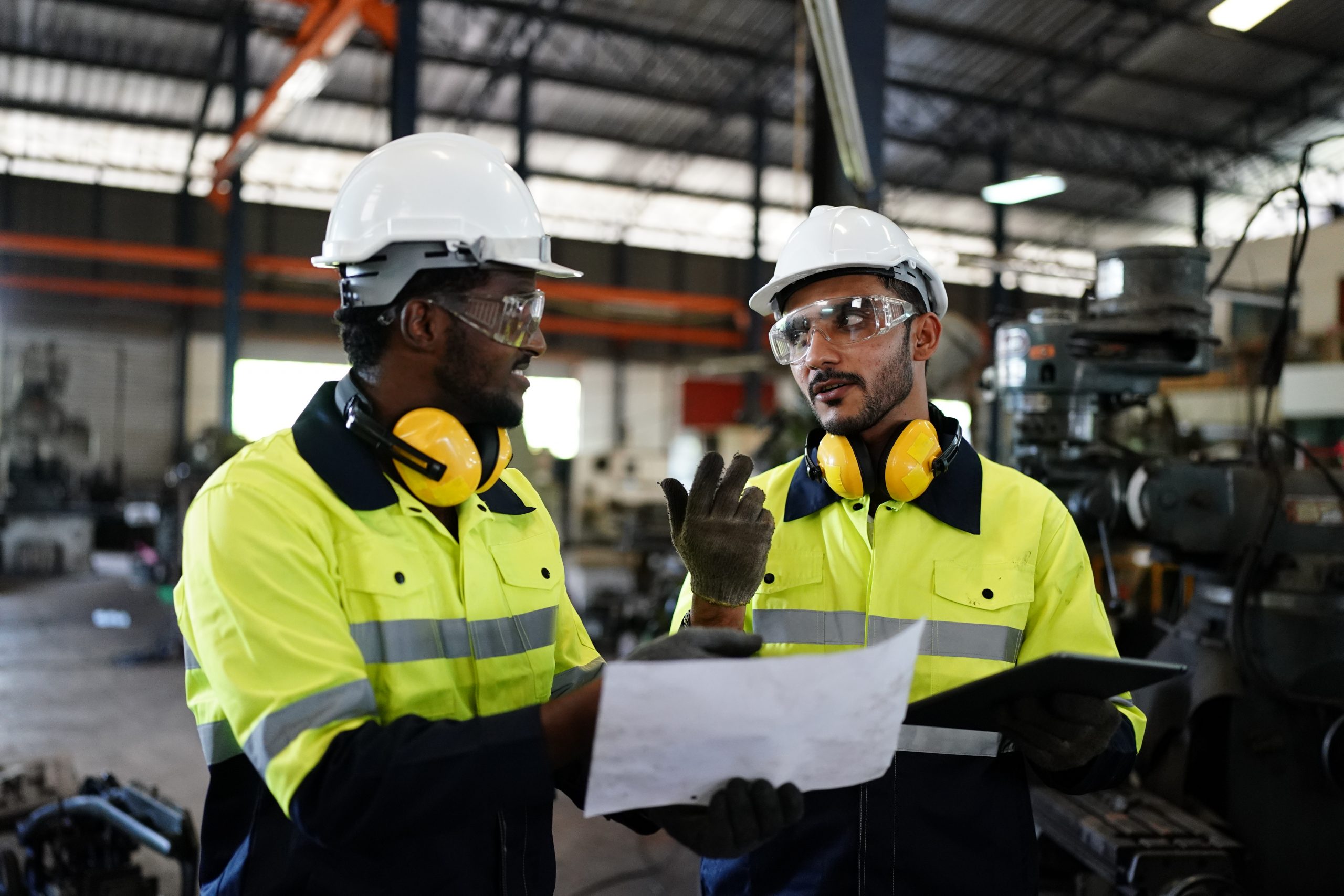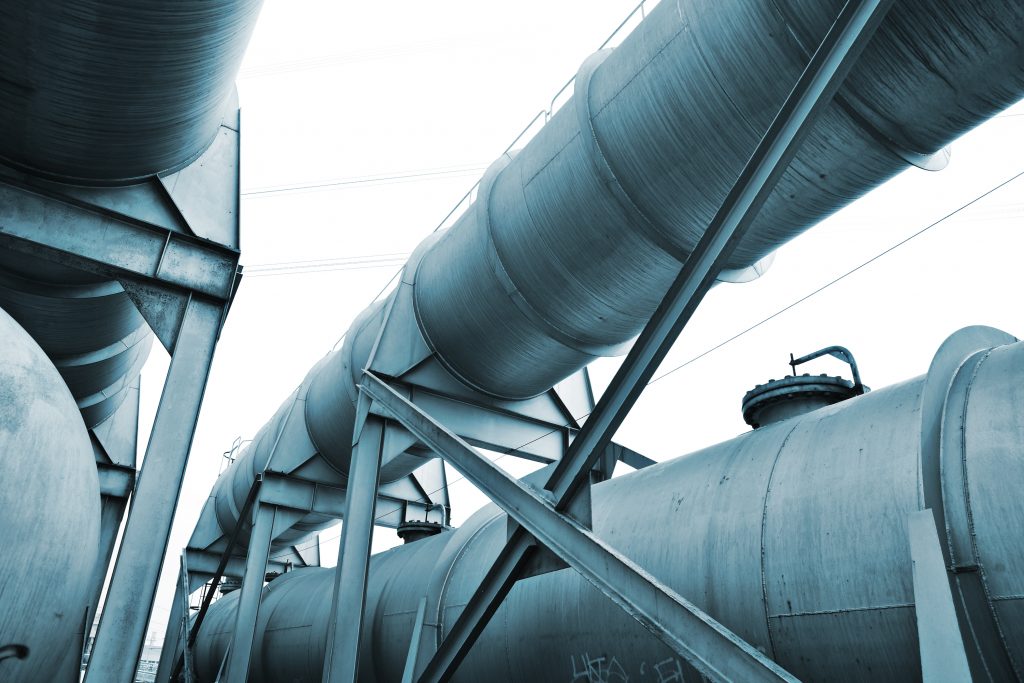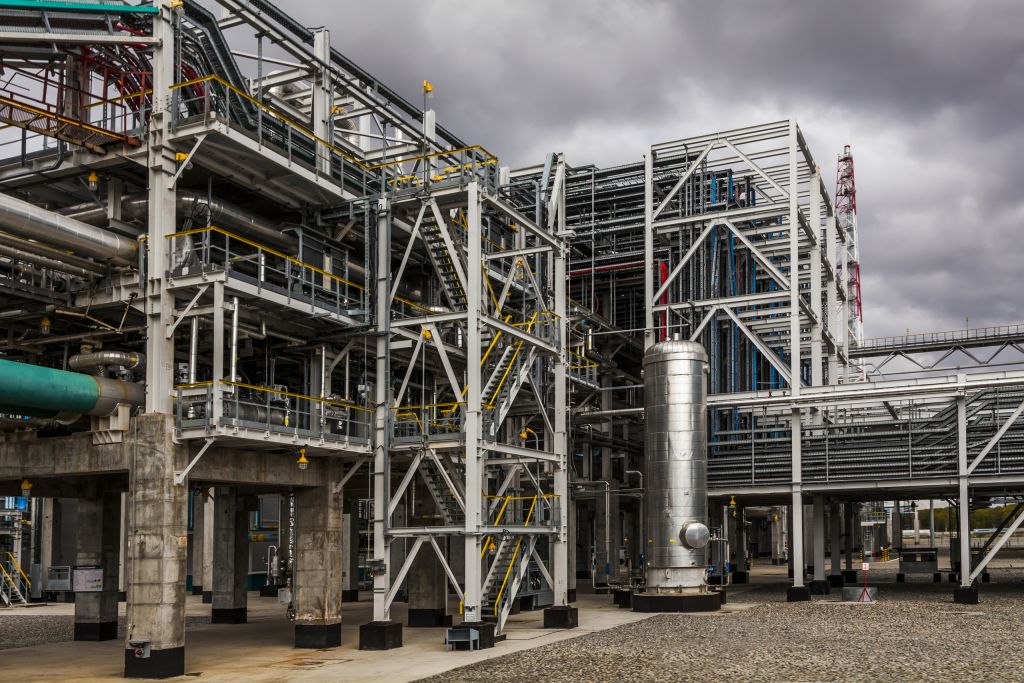Maintenance is a fundamental process for any industrial operation. It is very true that maintenance is not a type of investment that will result in more profits, however, investing in maintenance could be the same as not losing money.
In this blog, we will explain key concepts for understanding the real value of maintenance programs and routines in a heavy-asset industrial process.
Why is it necessary?
As mentioned before, effective maintenance programs could be the key to not losing unnecessary money.
Investing in maintenance is to ensure that processes, assets, and equipment function and perform as properly as possible, without generating unnecessary risks.
- The failure of an asset generates a long-term loss in profitability
- Asset malfunctions can escalate into major accidents with large-scale economic, environmental, and human impacts.
- Unexpected failures can result in unplanned shutdowns
Gaps in asset integrity management result in poorly controlled processes, and difficulties in measuring resources and manpower needed to perform activities.
How it’s done
Nowadays, large industries make use of asset integrity programs to allocate resources and manpower for inspection and industrial maintenance tasks.

CMMS, ERPS, and SAP systems are used, with ways to extract the information needed for work order issues.
Teams are deployed in the field and based on the information extracted from the work orders generated, they periodically perform inspection and maintenance activities on the selected assets.
Through this working framework, these teams have the responsibility to monitor the health of each asset within a plant that can easily exceed 500,000 assets.
Despite the use of management systems, most of these activities are performed visually by the operators in the field.
How could it be optimized?
Digital transformation has been a movement of extensive digitization in industrial processes and operations. From the technologies generated, industries can be supported by data for managing actions in the field.
In the context of optimizing maintenance tasks and asset integrity, the use of digital tools can make the activity more assertive, safer, and faster.
Through the integration of sensors, field data, and documentation, those responsible for managing asset integrity programs can get a real sense of the plant’s needs.

However, for decisions to be made efficiently, only going digital is not enough, it is necessary that the data can be used intelligently.
Digital twin platforms are essential tools for centralizing, contextualizing, and storing crucial information for decision-makers within the asset integrity management program.
Conclusion
Maintenance routines are essential to the adequate operation of an industry. Having well-defined and managed asset integrity plans is crucial to avoiding failures, shutdowns, and large-scale accidents within the operation.
Despite being very pertinent to the safety of a plant, the routine of integrity managers may not always be the most efficient. Existing gaps in these sectors make their processes slow and not always assertive.
In this context, digitalization has provided excellent tools for the extraction and efficient use of data that deliver real value to operations through the Digital Twin.
The benefits generated by digitalization can, in addition to making tasks faster and safer, generate huge savings.
Want to better understand how these tools can be applied? Please fill out the form below



